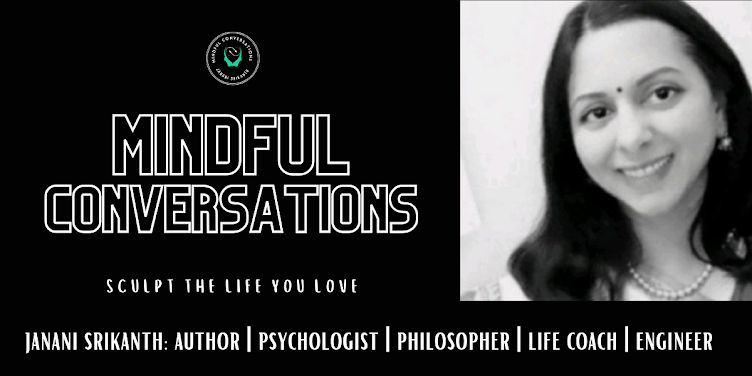One part of psychological study that always fascinated me was how much of our work rests on understanding the architecture of the brain. Not in the dry, anatomical sense, but in the way structure influences experience — how the physical becomes emotional, how biology becomes biography.
During a conversation with a fellow psychologist recently, the topic drifted toward the hippocampus. A small structure, often spoken of in passing, yet central to something deeply human. In one line, we both acknowledged what we already know but rarely pause to feel: the hippocampus binds memory with emotion.
Without that connection, nothing truly stays.
And that thought stayed with me longer than the conversation did.
Because once you step away from the textbooks, this is not about neuroscience anymore. It is about life — yours, mine, everyone’s. It is the quiet truth that we don’t remember events; we remember the emotions they carried.
Think of your favourite food.
You don’t recall it because of the recipe.
You recall it because of the warmth of the person who made it.
Or the loved one who sat beside you as you took the first bite.
Think of a place you return to in your mind.
It is not the building or the street.
It is the version of yourself who felt at home there.
We like to believe memory is factual, but the truth is gentler and more intimate. We remember what made us feel something. Everything else dissolves into background noise.
This emotional mapping quietly shapes our entire life.
Why certain people feel safe the moment you meet them.
Why some conversations stay with you for days.
Why a small gesture, often unnoticed by others, can soften something inside you.
It is not logic. It is emotional memory at work.
In therapy too, stories rarely arrive as timelines. People tell you what the moment did to them.
“That silence made me feel forgotten.”
“That sentence made me feel seen.”
“That day changed how I understood myself.”
It is the feeling that survives, not the sequence of events.
And this is where understanding emotional memory becomes more than theory. It becomes a way of seeing your own life with compassion.
You realise your reactions aren’t random. They are patterns etched by past emotional experiences.
You realise your longing, your resistance, your comfort, your distance — all have roots.
You realise that healing is not about erasing the memory but about rewriting the emotional meaning attached to it.
You cannot change the event.
But you can change the weight it carries.
When you recognise this, your awareness shifts.
You begin to notice the small moments you once rushed past. The softness in someone’s tone. The safety in a presence. The quiet steadiness of a place. You pay attention to what stirs you, what calms you, what unsettles you — because you know these are the threads your inner world will later weave into memory.
You start living with a deeper attention.
A gentler pace.
A cleaner understanding of what truly stays.
And you begin to ask yourself a different kind of question — not “What happened today,” but “What from today will stay with me, and why?”
That is the real story you are writing, moment by moment.
Your emotional memory is not just a function of the brain.
It is the quiet autobiography of your life — the one you don’t even realise you’re authoring.
Here’s to the beauty of life and the way it keeps entertaining us when we simply care to observe.

